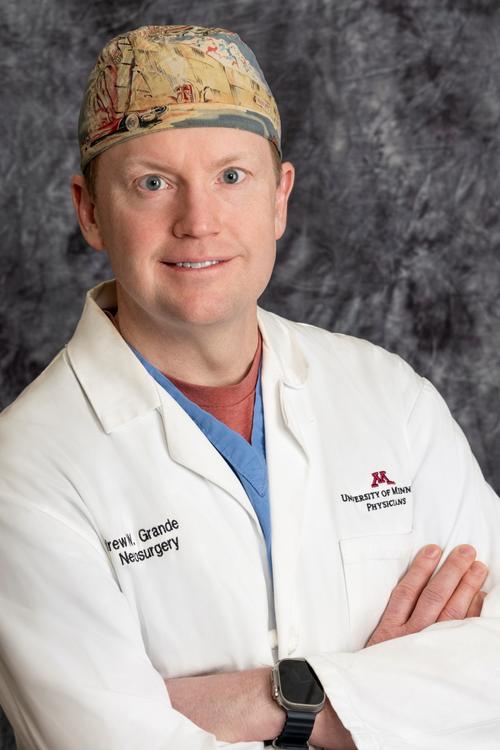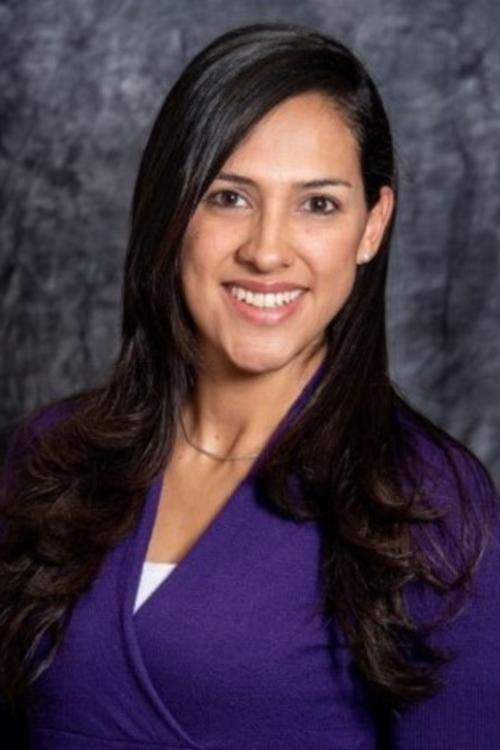Faculty



Professor and Co-director, Stroke, Brain Injury, and Stem Cell Lab

Interim Department Head, Department of Neurosurgery







Associate Professor and Resident Program Director





Associate Professor and Neurosurgical Director of the Center for Skull Base and Pituitary Surgery


